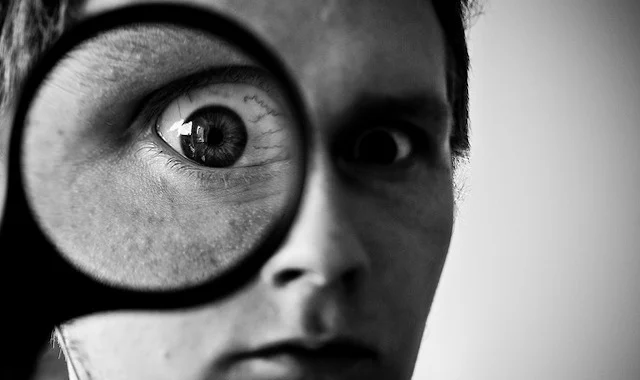
Nokia’s just unleashed its City Lens app for Lumia smartphones. And while the new augmented reality app could easily be mistaken for a bloatware version of the many AR apps we’ve seen before, it’s really Nokia’s attempt to associate its Windows smartphones with an alluring sense of discovery.
While the app actually points you conveniently to a restaurant, a bar, a store or a tourist attraction, it’s actually likely to lead you to discover whole new areas of the city to investigate once you’ve finished your business with the first place you visit.
Look at it like this: Once you’ve used City Lens to take you to a post office to send a postcard home, wouldn’t you perhaps consider visiting a nearby cafe to grab a drink and a bite to eat–one you’d never otherwise have found? Or how about if you follow the app’s advice when you’re visiting Paris and instead of eating in your usual touristy haunts in the Left Bank it takes you to a place to eat in the Marais … where you discover a whole new nightlife you didn’t know about before?
It’s the same sort of magic that made Groupon such a hot commodity. Ad partners often use Groupon just once and don’t return to use it again. That’s because Groupon isn’t really a coupon service, it’s actually a discovery service. If the coupon helps many new clients “discover” a new place to get their fingernails painted, and some of them choose to stay with that business instead of using their habitual one, then the “discovered” merchant wins … it’s an indirect benefit, just like the surprise discovery of nearby places offered by City Lens.
For now the emphasis with City Lens and it’s ilk is on the tech rather than the discovery. But as AR takes off into the mainstream (which may happen only after wearable AR systems like Google Glass become popular) it’s not going to be enough to sell gizmos on the strength of a tech that’s becoming uqiquitous. Rather, the value lies in the discovery it helps enable–and monetize. Paid-for ads like “have you considered this nearby French restaurant?” may pop up after you’ve AR-navigated to a particular patisserie recommended to you somehow. And that’s just the very tip of the location-based AR iceberg–most of the delightul, freaky, clever ways this system will be used probably can’t be imagined yet, just as no one could’ve imagined Instagram’s existence at the dawn of the Net.
[Image: Flickr user data_op]
Chat about this news with Kit Eaton on Twitter and Fast Company too.
Recognize your brand’s excellence by applying to this year’s Brands That Matter Awards before the early-rate deadline, May 3.